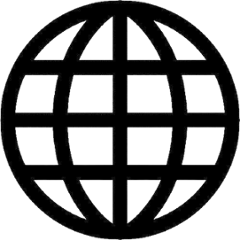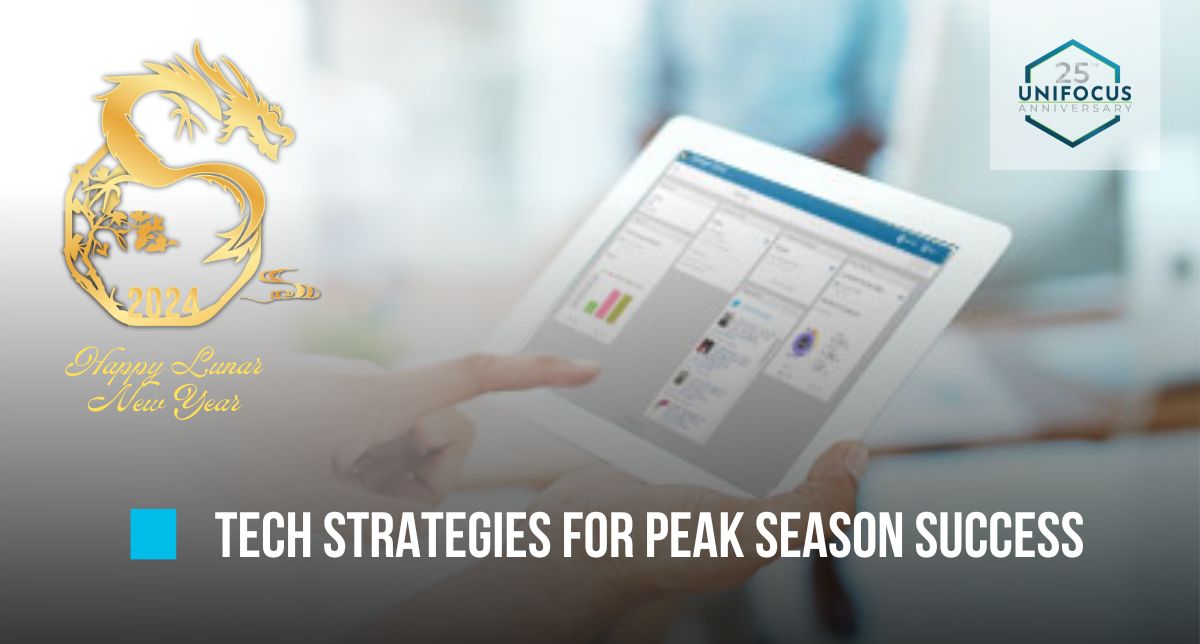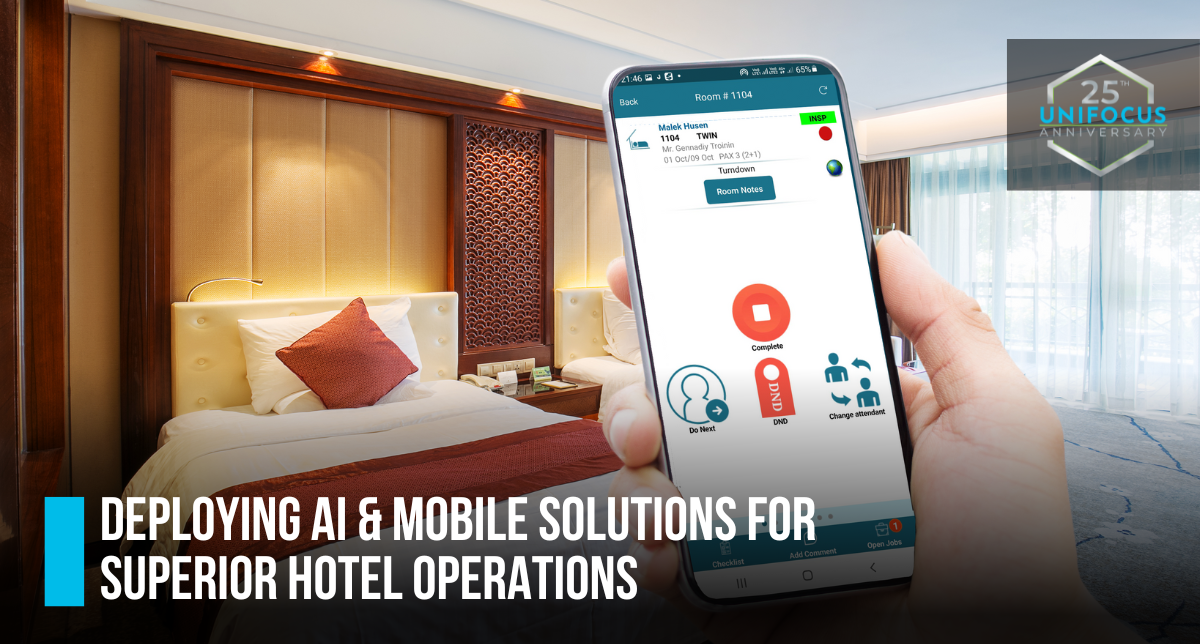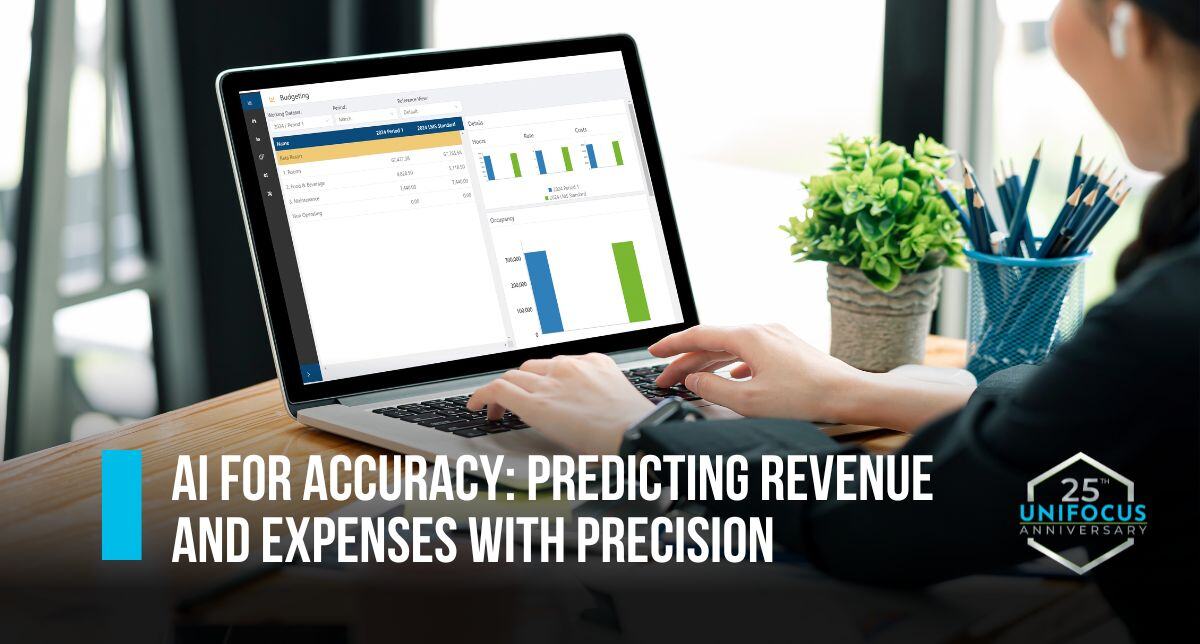The Lunar New Year stands as a testament to the bustling activity in the hospitality industry, highlighting the critical role of technology in managing these peak seasons effectively. In today's fast-paced world, where efficiency and foresight are paramount, technology offers innovative solutions to optimize staff management and enhance operations. This comprehensive guide delves into the myriad ways in which technology can be employed to predict demand, streamline staffing processes, and ensure seamless operations during the Lunar New Year celebrations.
Predicting Demand with Data Analytics
- Leveraging Historical Data: Data analytics tools are indispensable in dissecting historical data like occupancy rates, guest preferences, and peak times from previous Lunar New Years. By analyzing trends and patterns, hoteliers can gain invaluable insights into guest behavior and preferences, enabling them to forecast demand with greater accuracy.
- Real-Time Adjustments: The dynamism of advanced analytics lies in its ability to provide real-time insights. This capability allows hoteliers to adjust staffing levels dynamically as guest volumes fluctuate, ensuring that the hotel is neither overstaffed nor understaffed, optimizing operational costs.
Demand Prediction Models
- Predictive Algorithms: Sophisticated algorithms can analyze a broad spectrum of factors, including local events, flight bookings, and even weather patterns, to forecast demand more accurately. These predictive models take into account both macro and micro-environmental factors, offering a holistic view of potential guest influx.
- Staffing Forecasting Tools: Specialized software can then translate these demand predictions into actionable staffing recommendations. These tools consider various operational parameters to suggest optimal staffing levels, helping hotel managers make informed decisions about workforce allocation.
Streamlining Staff Management with Technology
- Workforce Management Systems: Advanced scheduling tools are a boon for hotel managers, as they incorporate multiple variables like employee availability, skill sets, and legal compliance to create efficient and equitable work schedules. Such systems can also accommodate employee preferences, thereby enhancing staff satisfaction and retention.
- Time Tracking and Management: Implementing systems that accurately track working hours and breaks ensures compliance with labor laws and promotes fairness in workload distribution. This technology not only helps in managing payroll effectively but also in identifying staffing patterns and needs, leading to better manpower planning.
Enhancing Communication and Coordination
- Mobile Communication Apps: Mobile applications have become the lifeline of effective hotel operations. They enable real-time communication among staff members, which is crucial for quick responses to operational needs and guest requests. These apps can range from simple messaging platforms to more complex systems integrating various operational modules.
- Task Management Features: Task management apps play a pivotal role in ensuring everyone is aware of their responsibilities and can report progress on assigned tasks. This feature is particularly useful in coordinating large teams and ensuring that all aspects of hotel operations are running smoothly and efficiently.
Predictive Maintenance and Operational Efficiency
- Smart Systems: The integration of advanced tools in predictive maintenance can significantly reduce the workload on maintenance staff, particularly during peak times like the Lunar New Year. These systems can detect and report issues in real time, allowing for immediate action before they escalate into major problems.
- Resource Optimization: Smart systems can also be employed to optimize resource use, including energy consumption, housekeeping routes, and other operational aspects. By automating routine tasks and optimizing routes, these systems allow staff to focus more on providing personalized guest experiences.
The adoption of technology in staff management and hotel operations during peak seasons like the Lunar New Year is a necessity. By harnessing the power of data analytics for precise demand prediction, implementing digital tools for efficient staff management, and adopting smart communication and maintenance systems, hoteliers can significantly elevate operational efficiency and staff productivity. This Lunar New Year, let technology take the lead in your staffing and operational strategies, ensuring a prosperous season filled with satisfied guests and streamlined operations.

